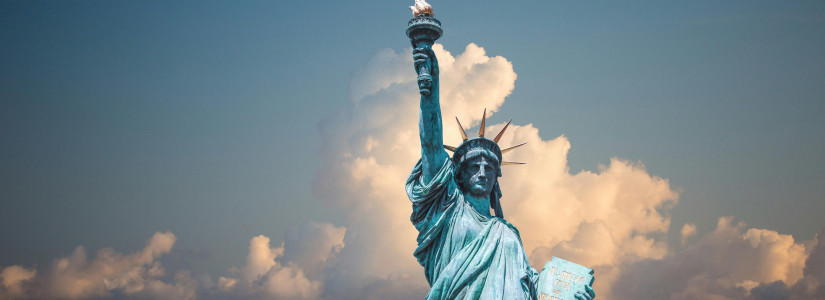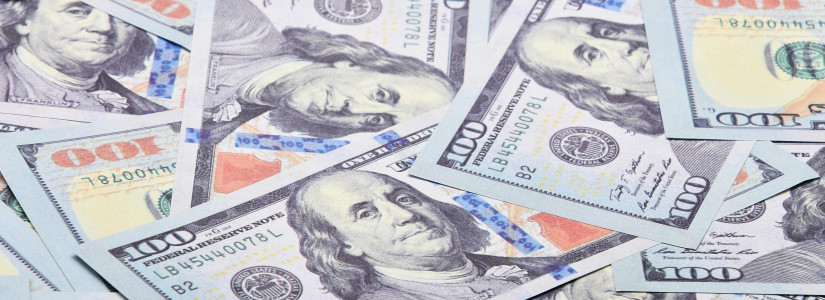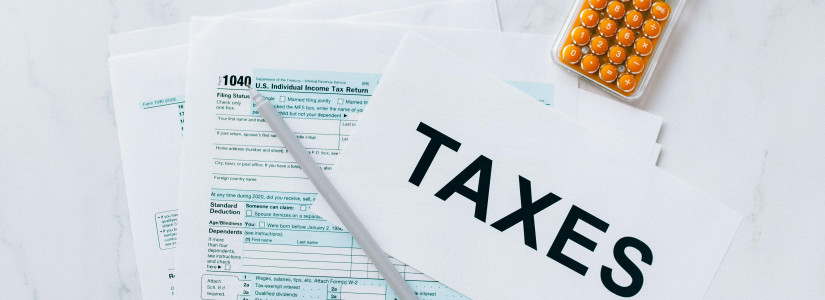Nursing Homes Are Trying to Avoid COVID-19 Lawsuits by Lobbying States
The sector of the United States that has been hit the hardest by COVID-19 has been the nursing homes. Tens of thousands of the elderly have died as the highly contagious virus has rapidly spread through many facilities. We may never know the scope of the devastation at nursing homes wrought by the coronavirus. Now, the issue of nursing home liability for COVID-19 outbreaks is at the forefront of the national debate. The industry is facing an existential crisis that could be made worse if they are made to pay for the numerous deaths that occurred on their watch due to their actions.
Families Are Already Suing Nursing Homes Over Loved Ones' Deaths
As a result, the nursing home industry is trying to use all of its lobbying muscle to persuade the states to shield them from liability for COVID-19 lawsuits. Already, numerous lawsuits have been filed already against these skilled nursing facilities for their actions or inactions that allegedly led to the outbreaks. For example, several families who lost loved ones in the infamous outbreak at the Life Care Center in Kirkland, WA have already filed lawsuits against the facility that seemingly did nothing as dozens of residents perished. Other families have been quick to initiate legal actions after their loved ones died.
Some of the accusations against the nursing home have been that the staff has not used any personal protective equipment when around the residents. Nursing homes have also been accused of not informing the families that their loved ones are sick. Lawsuits have also alleged that they have maintained unsanitary environments that have been conducive to the rapid spread of the disease.
The total amount of liability for these nursing homes can be catastrophic. This was already an industry that claimed to be losing large amounts of money before COVID-19 hit. Now, nursing homes will be facing lawsuits at the same time that they have lost a proportion of their residents.
As a result, the industry has gone to work to try to persuade political powers to shield it from liability. The nursing homes have actually been successful in 15 states and are looking to add to their successes. In these states, either the legislature or the governor has taken measures to grant healthcare providers some form of immunity for their actions in responding to COVID-19. The definition of a healthcare provider has included a nursing home. In the case of New York, the immunity language was buried in the back of a much larger bill. This shows that the industry will stop at nothing to be protected.
This Waiver May Still not Fully Protect Nursing Homes
However, whether this immunity for nursing homes is absolute remains to be seen. The typical form of this waiver of liability has been to protect nursing homes from negligence claims for their actions. However, they are not shielded from claims for gross negligence. In the case of nursing homes' response to COVID-19, there may not be that much difference between negligence and gross negligence.
The test for negligence involves the following four elements that must be proven by the plaintiff:
- The defendant owed a duty of care to the plaintiff.
- The defendant breached that duty of care by acting in an unreasonable manner.
- The plaintiff was injured.
- The defendant was the proximate cause of the plaintiff's injury.
Gross negligence involves the finding of one additional element on top of the four-part test. It requires that the jury determine that defendant acted without a slight care or with reckless disregard for the safety of another.
One can make the argument that, if the nursing home is still able to face liability for gross negligence, the waiver of liability may not do them as much good as they think. It is easy to imagine a plaintiff's attorney trying to make the case that the complete lack of activity on the part of nursing homes to help prevent the spread of COVID-19 among their residents can rise to the level of gross negligence. A similar argument can be made in describing the lack of personal protective equipment use by staff members in the face of a known pandemic. While this liability may shield nursing homes in some instances, it may not give the full protection that these facilities are counting on and may leave some legal options open for families.












